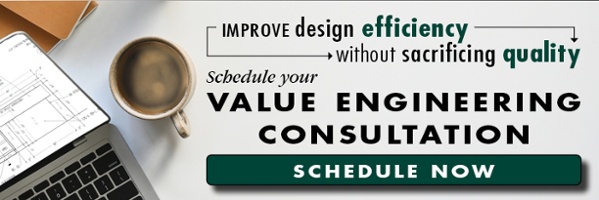We’ve spent some time exploring what technology guests expect from your hotel in 2018. But now it’s time to talk about hotel technology trends and where the hospitality world will be 20-30 years down the line.
While nobody can predict the future, current trends that have been picked up by millennial influencers can point us in the direction of where guests' demands will be within a decade or two from now.
Knowing these now sets your hotel up to be on the forefront of the industry and help solidify it as an industry leader.
Imagine walking in your room and your TV, rather than the standard nature scene on standby mode, greeting you by your name. Within 20 years, the Internet of Things (IoT) is expected to be firmly integrated with the lives of hotel guests, making personalization more possible than ever.
Expect to find IOT helping guests check out and check in on their own terms. You'll see it in hotel guests experiences such as:
- Room service integrated into their in-room appliances
- Workout rooms that are able to track their fitness goals
- Check-in integrated with in-room personalization tokens
... And countless other personalized opportunities that give guests that true "home away from home" feeling.
Artificial intelligence will transform the hotel experience with the addition of chatbots, helping customers before they get to the hotel book online with ease. Bots provide an unfailingly polite and patient option for customer service that can also help hotel guests retain their independence without losing that personalized touch that so many crave.
Once in their rooms, expect artificial intelligence to add another layer of luxury and pampering that guests can adjust to meet their exacting preferences.
Everything from the perfect lighting combination and room temperature to the music that a guest wants to wake up to as well as exercise with. This provides guests with the top level experience that reminds them of their home -- but better.
The Industrial Internet of Things (IIoT) applies the concepts of IoT to various industries, including that of hospitality and manufacturing.
Its application allows the many industries the ability to streamline supply chain management as well as improve communication on the fly.
Though electric, alternative fuel, and hybrid vehicles are well established now, the vehicles of the future might be powered by a small piece of nuclear material.
Another option for getting between destinations quickly in the future is a hyperloop that connects major cities via an elevated steel tube containing capsules that can travel nearly 746 miles per hour.
Put Your Hotel on the Map
Embracing tomorrow's technology today in addition to current hotel technology trends is one way to put your hotel on the map as a luxury destination for travelers.

